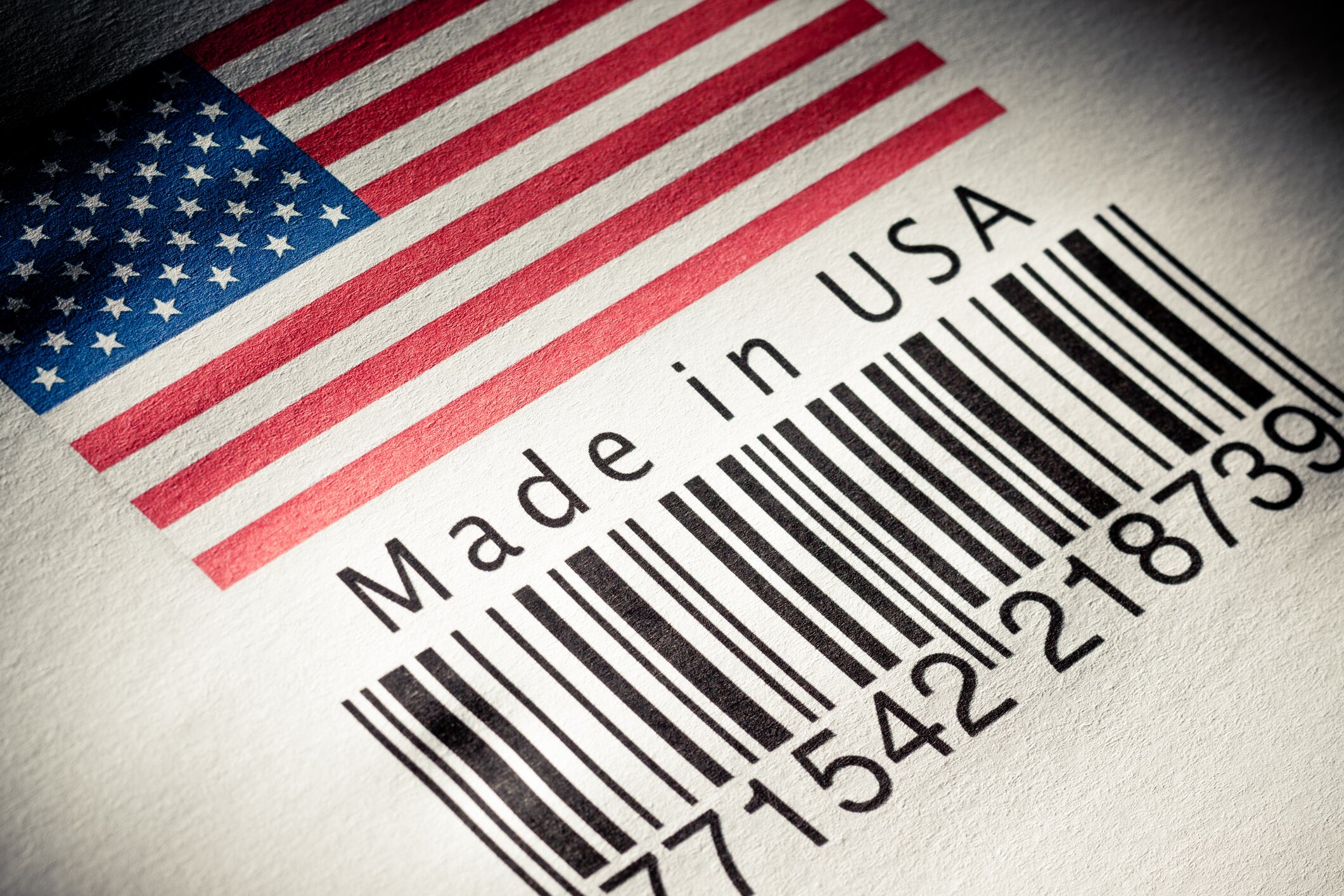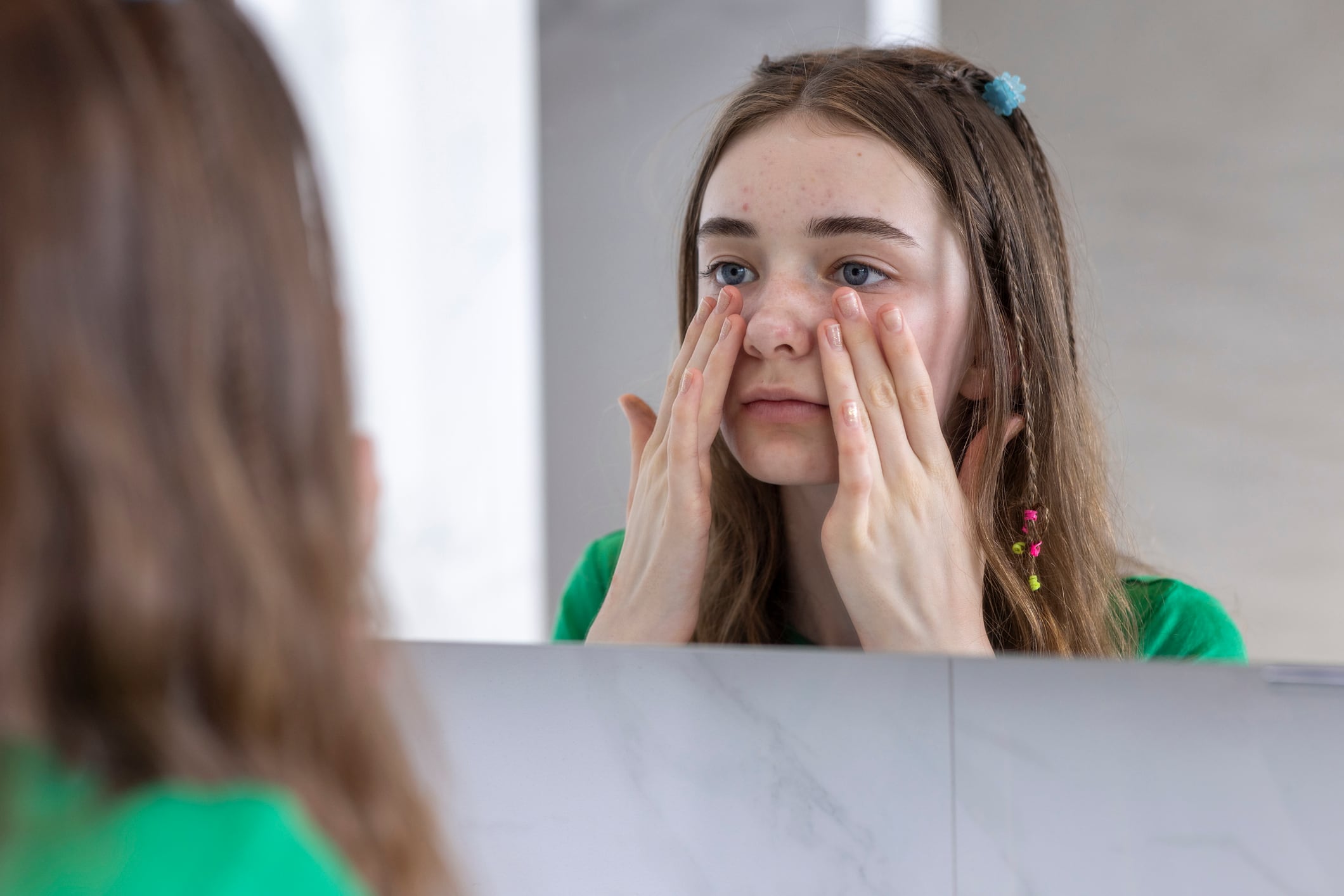In response to a competitor challenge through the National Advertising Division’s (NAD) Fast-Track SWIFT process, HB USA Holdings, Inc. (Huda Beauty) has agreed to permanently discontinue advertising claims that its Easy Bake Setting Spray is the “strongest setting spray ever?” and that it performs better than Charlotte Tilbury’s setting spray.
NAD Case overview
The challenge, initiated by Charlotte Tilbury Beauty Inc., focused on statements made in a TikTok video where an influencer compared the staying power of both brands’ setting sprays. Huda Beauty had reposted the video on Instagram, which was subsequently removed prior to NAD’s formal review.
According to NAD, although there was no formal relationship or payment arrangement between Huda Beauty and the influencer, the influencer had received free products from the brand, including the featured setting spray.
“NAD noted that while Huda Beauty and the influencer do not have a formal contract or compensation agreement, the influencer has reviewed Huda Beauty products in the past and occasionally receives free products from the company, including the setting spray in the challenged video,” the organization said in its May 14 decision.
Though the reposted Instagram content was removed, the original TikTok video remained active at the time of the challenge. NAD cited prior precedent in noting that longstanding, informal brand-influencer relationships may require advertisers to take further corrective steps if potentially unsubstantiated claims are made.
“NAD recommended that Huda Beauty make a good-faith attempt to request that the influencer remove the TikTok video,” NAD’s release said.
While NAD acknowledged Huda Beauty’s voluntary actions to halt the comparative claims, the decision notes that the discontinued statements will be treated for compliance purposes as though they had been formally recommended for removal. Huda Beauty, in its official statement, confirmed it “will comply with NAD’s decision and recommendation.”
Expert view: Risks and realities of influencer-driven product claims
The case draws attention to a growing area of concern in cosmetic marketing: the challenge of ensuring accurate product representation in an age of influencer-driven promotion. According to cosmetic chemist and industry consultant Kelly Dobos, the fast-moving nature of content creation can undermine traditional checks and balances.
“In the past, advertising in magazines or on television often underwent internal and external review processes to vet messaging and check claims before reaching consumers,” said Dobos. “These traditional channels often provided a layer of accountability and consistency that helped build trust.”
Today, the immediacy and authenticity of influencer content can blur the lines between personal opinion and marketing messaging, particularly when product claims are made that lack substantiation.
“While bold claims and persuasive language can be highly effective in capturing consumer attention, a failure to deliver on those promises can significantly undermine a brand’s credibility and reputation,” Dobos concluded.
“An erosion of trust is often far more difficult to restore than addressing a regulatory infraction.”





